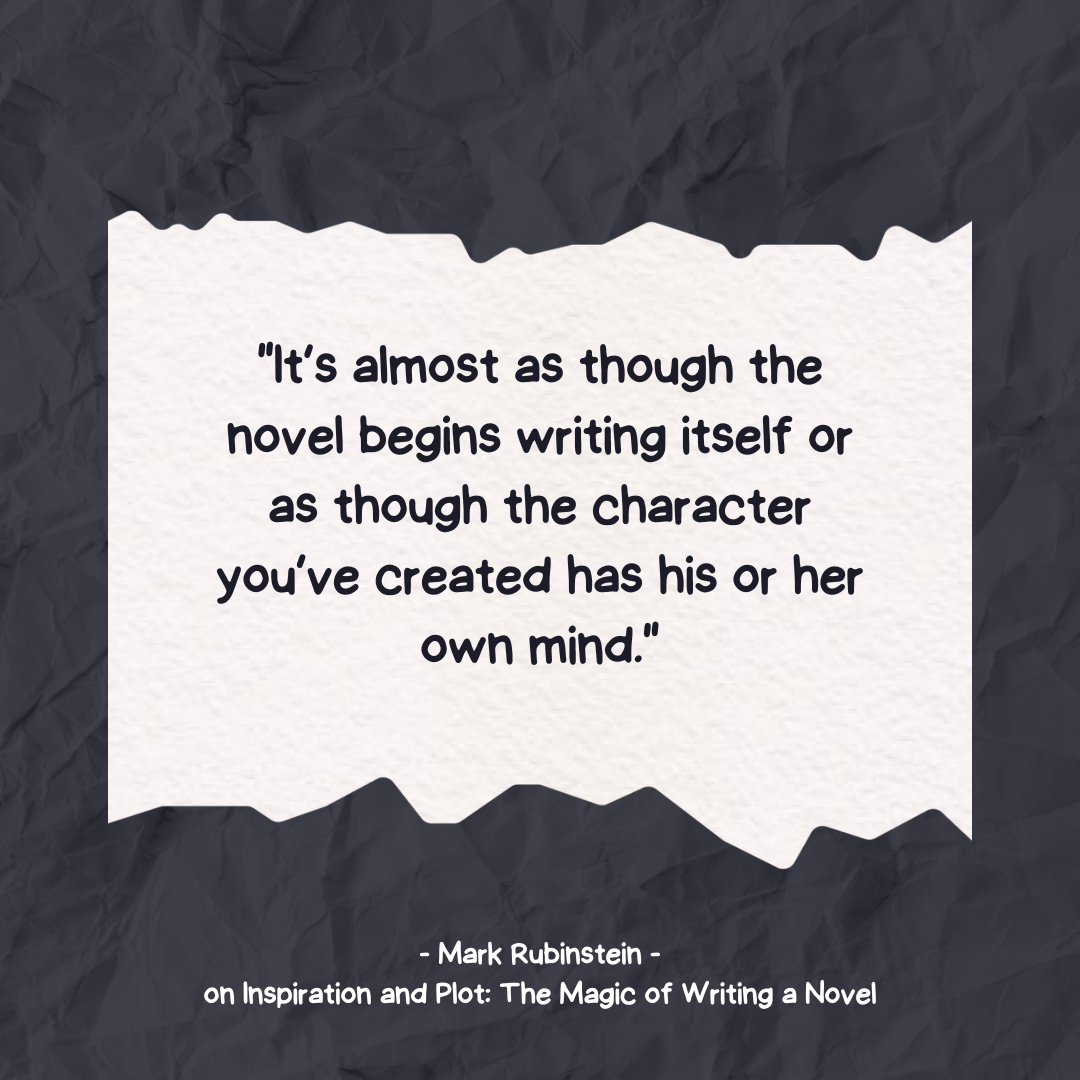Inspiration is a funny thing. It can come to us like a lightning bolt, through the lyrics of a song, or in the fog of a dream. Ask any writer where their stories come from and you’ll get a myriad of answers, and in that vein I created the WHAT (What the Hell Are you Thinking?) interview.
Today’s guest for the WHAT is Mark Rubinstein, the author of Assassin’s Lullaby
Ideas for our books can come from just about anywhere, and sometimes even we can’t pinpoint exactly how or why. Did you have a specific origin point for your book?
It feels funny to talk about inspiration. I’m not terribly sure I believe in “inspiration.” They say “If you wait for inspiration, you’re a waiter, not a writer.” The idea for Assassin’s Lullaby came to me in small bits and pieces from various sources. Some came from my having grown up in Brooklyn where I became familiar with aspects of the Russian mafia known as the Bratva. I’d also known an Israeli guy who had connections in his country’s government and related some Mossad exploits with which he was familiar. In addition, I’d read a number of Daniel Silva’s Gabriel Allon novels so to some unknown extent, that had probably planted a seed in my mind. I can’t really say I had a specific origin point for the novel. It’s really an amalgam of my own past experiences, fantasies, fears, and foibles.
Once the original concept existed, how did you build a plot around it?
Yes. Once the skeleton of the book became clear, the plot points evolved around it. You know, one thing leads to another and before you know it, you have a story. In a more general sense, I usually know where I want to begin and have a fairly concrete idea of where the novel will end but have no idea how I’ll get from point A to point Z. It somehow seems to materialize in an organic way.
Have you ever had the plot firmly in place, only to find it changing as the story moved from your mind to paper?
Of yes, for sure. It happens all the time that I’ve got a plot element in place, let’s say on page 25. But by page 100, I realize the character I first conceptualized on page 25 would never do or say what was done or said on page 100. So I’m obligated to return to page 25 and change what was written. I guess it sort of relates to your earlier question about building a plot: the character and story are organic and can change as the novel unfolds. In a sense, it’s almost as though the novel begins writing itself or as though the character you’ve created has his or her own mind.
Do story ideas come to you often, or is fresh material hard to come by?
Being completely truthful, I must say that fresh material always seems for me, to be hard to come by. I know there are dozens of resources (news events, TV, novels, non-fiction books, and others) but I sometimes have to rack my brain to think of what comes next in the way of a novel. Adding to that is the fact that I sometimes walk past a book shelf holding all 17 books that I’ve written (fiction and non-fiction) and wonder how on earth all that material ever came to me. It seems, retrospectively, like magic. That would also pertain to Assassin’s Lullaby which is n amalgam of more things than I can reasonably articulate.
How do you choose which story to write next, if you’ve got more than one percolating?
I’ve never had more than one story percolating in my mind. I consider myself lucky to have only the one that’s smoldering in my brain. What comes next is something I think about after the novel I’m writing is sent off to the editor. And the one I’m working on is always my favorite novel.
I have 6 cats and a Dalmatian (seriously, check my Instagram feed) and I usually have at least one or two snuggling with me when I write. Do you have a writing buddy, or do you find it distracting?
My best buddy in the world, other than my wife (who’s rescued every novel I’ve ever written) is our dog, Jake, a 30 pound mini Australian shepherd. He often approaches my as I sit at the computer writing, and begs to be petted. I gladly oblige. He’s the most delightful distraction I could ever think of.
Mark Rubinstein is a novelist, physician, and psychiatrist who has written eight nonfiction books, including The Storytellers. He has also written eight novels and novellas, including the Mad Dog trilogy and The Lovers’ Tango.


